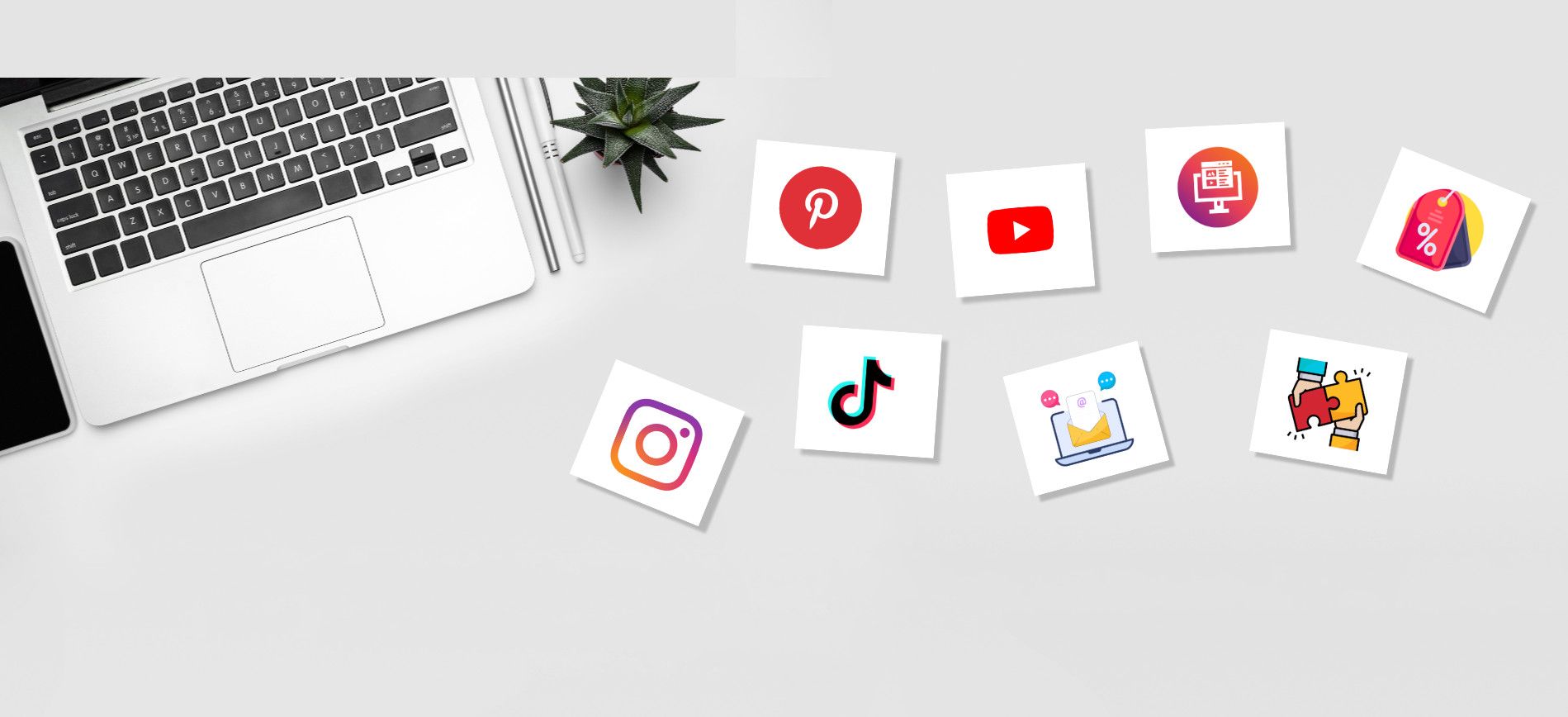The Complete Guide to Webinars and Virtual Events
April 25, 2023
Have you ever been invited to attend a webinar or virtual event and wondered, what’s the difference? And more importantly, which should you use for your own events? While both types of events take place online, there are some key differences that set them apart.
In this blog post, we'll break down the key differences between webinars and virtual events, explain the importance of live chats and distraction-free environments and analyze why it is important to have specialized technology services for your event.
What is the difference between a webinar and a virtual event?
Webinars and virtual events are both great ways to connect with an audience online, but there are some key differences between the two. Webinars are online seminars and are typically educational in nature, with a presenter sharing information on a particular topic. Virtual events, on the other hand, are more like traditional in-person events that have been moved online. They can take many forms such as workshops, trade shows, networking events, parties, and roundtable discussions.
Webinars are typically more intimate and interactive than virtual events--participants are able to ask questions and engage with the presenter in real-time. However, because webinars are often laser-focused on a central theme, they can often be more difficult to promote than virtual events, and they often have lower attendance rates.
Virtual events, on the other hand, can be more widely promoted and have the potential to reach a larger audience. They can also be more flexible in terms of format and content. However, virtual events can be less personal and interactive than webinars, and often require more planning and coordination.
Now that we've defined the strengths and weaknesses of both types of events, let's look at some of the key ways they differ:
Purpose/Goals: The primary purpose of a webinar is educational and are typically used to educate or train an audience on a specific topic through presentations. Meanwhile, the primary purpose of a virtual event is networking, customer relationship building, generating leads, crafting brand image, and boosting brand awareness. Of course, there are always exceptions to this rule--but in general, this is how webinars and virtual events tend to be used.
Duration/ length: Webinars are usually shorter than virtual events--anywhere from 30 minutes to an hour or so. Virtual events can last anywhere from half a day to multiple days depending on the agenda.
Audience Size: Webinars typically have smaller audiences than virtual events--anywhere from a handful of people to several hundred. Virtual events can have hundreds or even thousands of attendees. Webinars typically have a smaller and more targeted audience than virtual events. That's because people usually only sign up for webinars if they're interested in the topic being covered. Virtual events, on the other hand, tend to attract a wider range of attendees since there are usually several different things going on at once.
Virtual Events are all about Live Chatting.
Live chat is important for virtual events for several reasons. First, it allows attendees to ask questions to the event’s hosts or speakers and get immediate answers. This is especially important for virtual events that are educational in nature, such as Q&As or product demos, as attendees can get clarification on confusing topics. Second, live chat provides a sense of connection and community that is often lacking in virtual events. Attendees can chat with each other and with the event hosts, creating a more intimate and interactive experience. Finally, live chat can help to boost engagement and encourage people to stick around for the entire event. For all these reasons, live chat is an essential component of any successful virtual event.
Meanwhile, webinars are less about chatting and more about listening. Although some webinars may open for audience questions, the level of back-and-forth communication is significantly less than a virtual event.
Virtual events offer Distractions Free Environments. Why is the Distraction-Free Environment Important?
Virtual events offer a distraction-free environment, which is important for several reasons. First, it allows attendees to focus on the event itself without being side-tracked by things like social media or other online distractions. Second, it creates a more professional atmosphere, which is important for networking and building business relationships. Third, with virtual events, you can attend from anywhere in the world and still be able to focus on the event. This is not possible with traditional events, where you would have to travel to the event location and be surrounded by people and things that can take away from your experience. Finally, it allows people to connect with each other on a deeper level, without the distractions of the outside world.
Running an Event or Webinar Live Without Professional Technology Services Will Be a Challenge—but it’s very possible
Running an event or webinar live without professional technology services will be a challenge. While it is possible to do this, it will take a lot of time and effort to make sure everything runs smoothly. There are a few things you need to keep in mind if you want to run an event or webinar live without professional technology services.
First, you need to make sure you have a good internet connection. This is essential for live streaming. Second, you need to have a good camera and microphone setup. This will ensure that your audience can see and hear you clearly. Third, you need to have a good understanding of the technology you're using. This includes knowing how to set up and use live streaming software and how to troubleshoot any problems that may arise. If you can do all of this, then you should be able to run an event or webinar live without professional technology services.
As you can see, there are so many moving parts to an event - from the logistics of setting up the space to the audio/visual elements - that it's nearly impossible to do it all yourself and still produce a high-quality event. And while there are DIY options out there for some of the tech components, they often come with their own set of challenges (and usually aren't as reliable as professional services).
So, if you're planning on running a live event or webinar, the best advice is to invest in a professional technology team to help make sure everything goes off without a hitch. Organizing and running a successful event or webinar takes a lot of work, and one of the most important aspects is having reliable technology services. Without professional tech support, you will likely face a few challenges, including audio and visual problems, difficulty managing participant questions, and more. Additionally, your event or webinar will not be recorded, which could limit its reach and impact. While it is possible to run an event or webinar without professional tech support, it is not recommended. If you want your event or webinar to be a success, it is best to work with a professional team that can provide the necessary services and support.
Both webinars and virtual events have their own unique benefits that make them well-suited for different occasions. When deciding which type of event to plan, it's important to consider the purpose of the event and the type of audience you're trying to reach. If you're looking for an educational experience for a targeted group of attendees, a webinar might be your best bet. But if you're looking to create more of an all-encompassing online experience with opportunities for networking and relationship building, then a virtual event is probably your best option.





